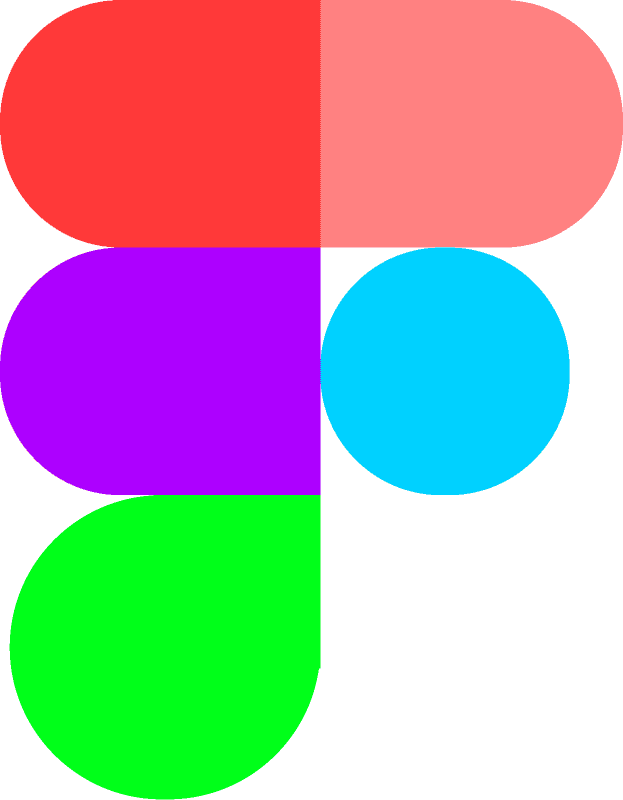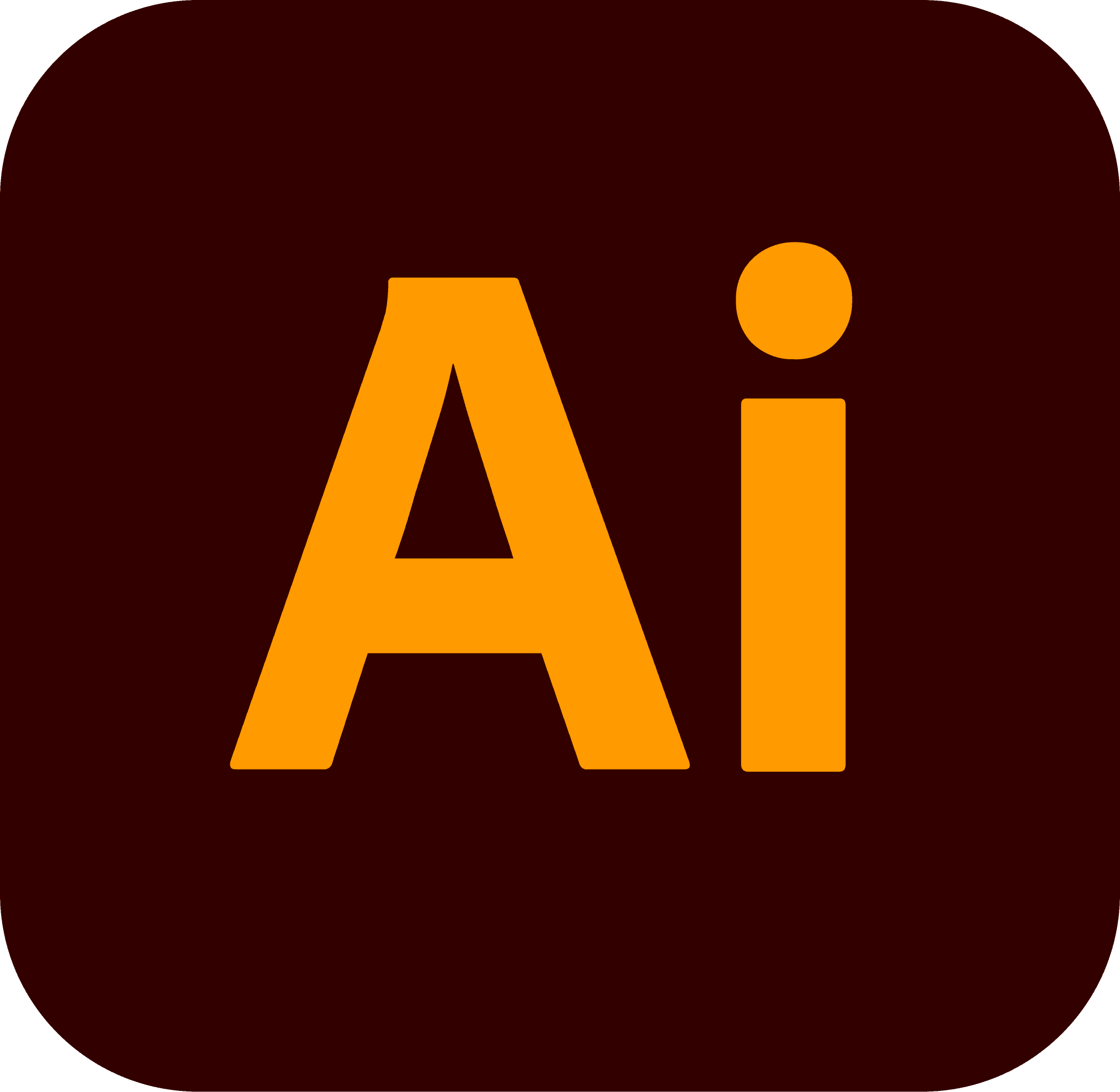



Role
Duration
Industry
Skills
Reinventing healthcare with personalized care
with endless possibilities
Product Designer
User Research
Product Strategy
Healthcare
February 2023 - March 2023
Every day, countless individuals across the nation face
the challenge of locating a healthcare provider they can
truly confide in regarding their health concerns. Entrusting
these decisions to insurance companies puts them at risk of
receiving inadequate and uncomfortable treatment due to the
absence of a comprehensive resource for finding suitable
healthcare providers.
Problem
Solution
The Perfect Fit app was created to tackle the issue of
users not being able to have a central hub to find a
healthcare provider, they’re comfortable with. This app
will allow user to fill out a questionnaire that will match
them with a provider they have the most similarities to.
• Are you satisfied with you current provider, why or why not?
• How did you find your current healthcare provder?
• Do you have a say in who your providers are?
• Is distance, due to insurance regulations, an issue?
Gather Insights to Understand User Needs
I conducted extensive research with 15 participants using surveys and face to face interviews to understand user
needs for this application. To begin, i performed a pre-screen interview to identify users concerns about finding a
healthcare provider, asking targeted questions on the topic such as:
Using the information from said interviews, I carefully curated a survey filled with questions that would help build
the foundation of the application . Below you will see a couple examples of questions within the surget that were
given to users to answer based on the interview question
are willing to commute less than 10 miles
are willing to commute 10-20 miles
are willing to commute more than 20 miles
33%
40%
27%



To get a better understanding of the healthcare industry I completed a competitive analysis of 3 sites that provided services close to what I would be providing with Perfect Fit. After completing this industry analysis I was able to find areas where these other platforms were lacking giving me areas of opportunity to implement into Perfect Fit. This provided me with an open window to market my platform as one that was not only filled with plenty of resources but also an exciting experience.
Competitive Analysis

Gather Insights to Understand User Needs
I designed the app to collect the user information and reason for seeking services. The form included details such as what healthcare services options the users wanted, input of personal information and a selection of health profession profiles to sort through.
After market analysis research, I then determine what information needed to be incorporated into the final sketches.
• The need for appointment requests instead of appointment booking
• Healthcare professional reviews from real patients decribing their experience
• A confirmation page and email confirmation option







Style Guide
Below are the official wireframes I decided on complete with a place for patients to input their personal information
for medical purposes and a curated list of healthcare physician options for users to choose from. These low-fidelity
wireframes are simplified to look at what details the Perfect Fit application will include. Due to the design process not
being linear, I did go through and iterate my designs including more information in my high-fidelity wireframes not
pictured in the lo-fi wireframes.
Lo-Fi Wireframes
















Hi-Fi Wireframes
Important lessons
Don’t rush the process. When I first started this case study, I was just in such
a rush to get it done so I could start applying for jobs and getting myself out there.
I quickly realized that because I was rushing this process, I wasn’t producing quality
work. Once I took my time and analyzed my work I was getting better results.
Obstacles
Trying to navigate through the design process. What I mean by this is I think as a
newer designer it’s easy to get caught up in making your designs look “flashy and
impressive” that you forget about what is most important, the user experience. All
the typography you’ve learned, color accessibility knowledge, etc all go out of the
window to stand out in the forefront of your mind.
Improvements
My biggest improvement would be creating designs that align with today’s standards.
A lot of my earlier designs were very outdated and too complicated so through many trials
and error I can safely say my designs have improved.
Final Prototype and Reflection

